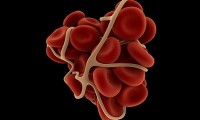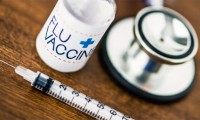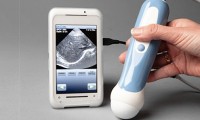-
WHO report signals urgent need for greater political commitment to end tuberculosis
- Source: who
- 832
- October 31, 2017
-
PTSD linked to changes in gut bacteria
- Source: medicalnewstoday
- 939
- October 31, 2017
-
CVS-Aetna deal won’t necessarily make drugs cheaper — and could even raise prices
- Source: marketwatch
- 675
- October 31, 2017
-
How flu shot manufacturing forces influenza to mutate
- Source: Medicalxpress
- 1,300
- October 31, 2017
-
CDC backs GSK’s Shingrix over Merck & Co’s Zostavax
- Source: Pmlive
- 1,328
- October 30, 2017
-
Pfizer to launch consumer health sale in November
- Source: Pharmacodia
- 837
- October 30, 2017
-
Alzheimer’s–Brain’s protective mechanism revealed
- Source: medicalnewstoday
- 836
- October 30, 2017
-
Shire Receives European Approval for Label Extension of FIRAZYR® (icatibant injection) for the Symptomatic Treatment of Acute HAE Attacks in Paediatric Patients
- Source: finance.yahoo
- 774
- October 30, 2017
your submission has already been received.
OK
Subscribe
Please enter a valid Email address!
Submit
The most relevant industry news & insight will be sent to you every two weeks.













